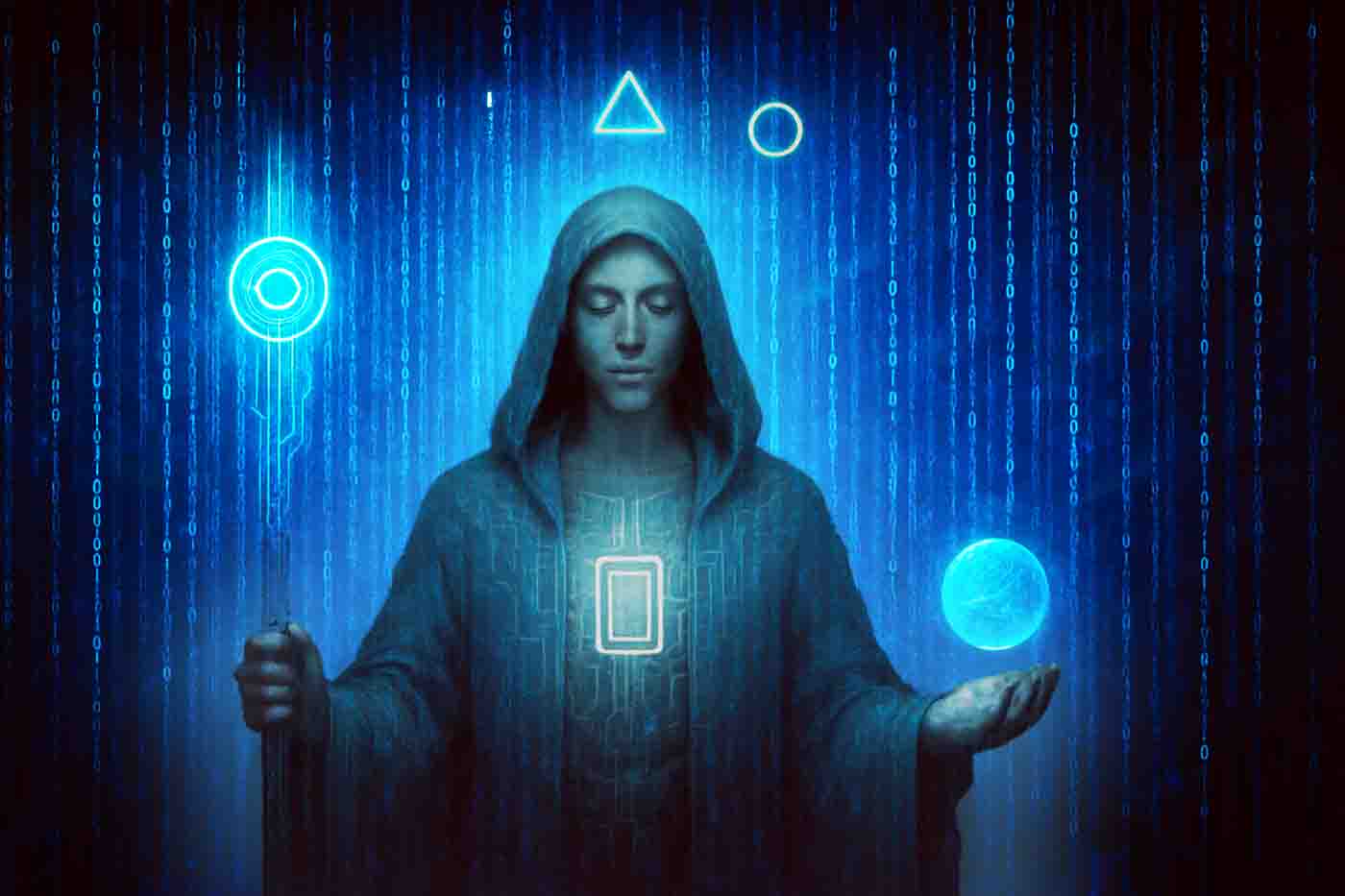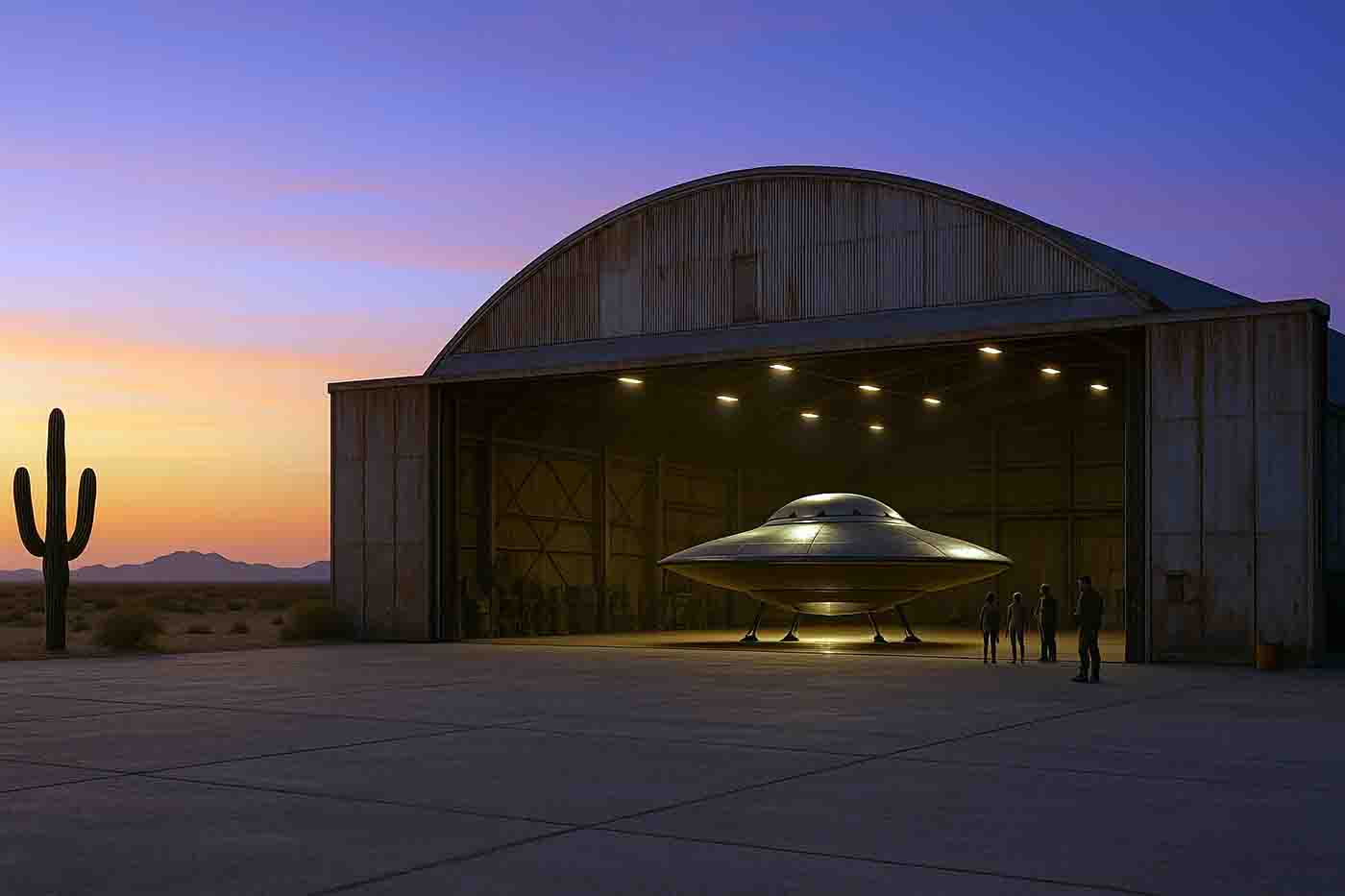The idea that we might be living in a simulation has gained traction in both popular culture and academic circles. The question of whether our reality is a construct of advanced technology or a genuine, unaltered existence challenges our fundamental understanding of existence, belief, and free will.
What Is Reality?
Reality, as we understand it, is the aggregate of experiences and perceptions that define our existence. Traditionally, reality is considered to be the physical universe and everything within it, governed by natural laws. However, the simulation hypothesis posits that this reality could be an elaborate digital construct, akin to a sophisticated computer game created by a more advanced civilization. This hypothesis raises profound questions about the nature of existence and our place within it.
Why Would We Live in a Simulation?
The reasons behind why we might be living in a simulation are speculative but intriguing. One possibility is that a highly advanced civilization might create simulations for research purposes, such as studying historical events, testing sociological theories, or exploring different outcomes based on various variables. Another idea is that the creators might use simulations for entertainment or educational purposes, much like how we use virtual reality today. Ultimately, the simulation could serve any number of functions, from scientific inquiry to artistic expression.
Why Might We Believe in God If We Live in a Simulation?
Belief in a higher power or deity often provides a framework for understanding the universe’s origins and purpose. If we are living in a simulation, the question then becomes: Who or what created the simulation? Some might argue that the creators of the simulation could be considered gods or deities, possessing advanced knowledge and capabilities beyond our comprehension. Believing in a higher power in a simulated reality might then reflect our innate desire to find meaning and purpose, whether in the form of a deity or a benevolent creator of our simulated world.
How Does Free Will Apply If We Are in a Simulation?
The concept of free will in a simulated reality is a complex issue. If our actions and choices are predetermined by the parameters of the simulation, it might seem that free will is an illusion. However, if the simulation allows for a degree of autonomy within its rules, our choices could still reflect a form of free will, albeit within a defined framework. The debate hinges on whether free will exists in a deterministic system or if our perceived freedom is merely a byproduct of the simulation’s design.
What Information Are Those Running the Simulation Trying to Obtain?
If we are indeed living in a simulation, the entities running it might be seeking to obtain various types of information. This could include data on human behavior, societal evolution, or the outcomes of specific events. For instance, running simulations could help the creators understand how different variables affect the progression of civilizations or the impact of individual decisions on a larger scale. The goal might be to gather insights that inform their understanding of their own reality or to improve future simulations.
Whether or not we live in a simulation touches on deep philosophical and existential questions about reality, belief, and autonomy. While the concept remains speculative, it provides a fascinating lens through which to explore our understanding of existence and the nature of our choices within the universe.
Are We Living in a Simulation? Are We Living in a Simulation?



